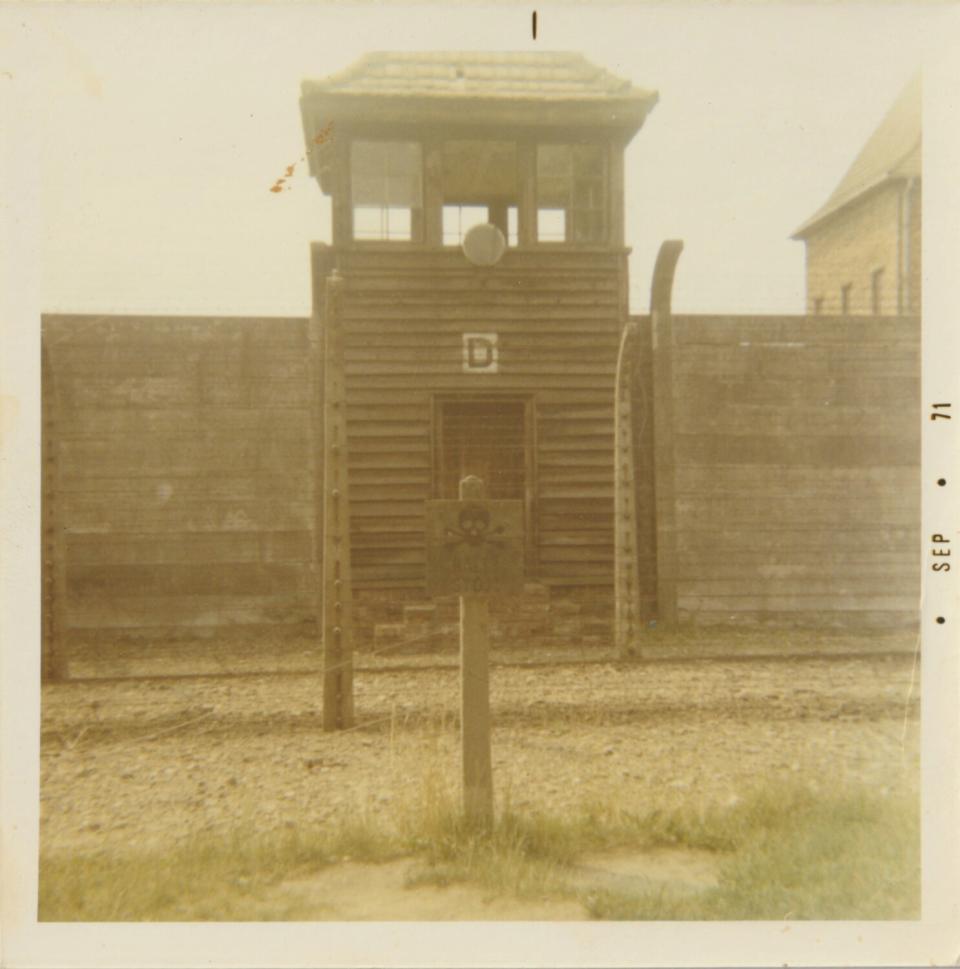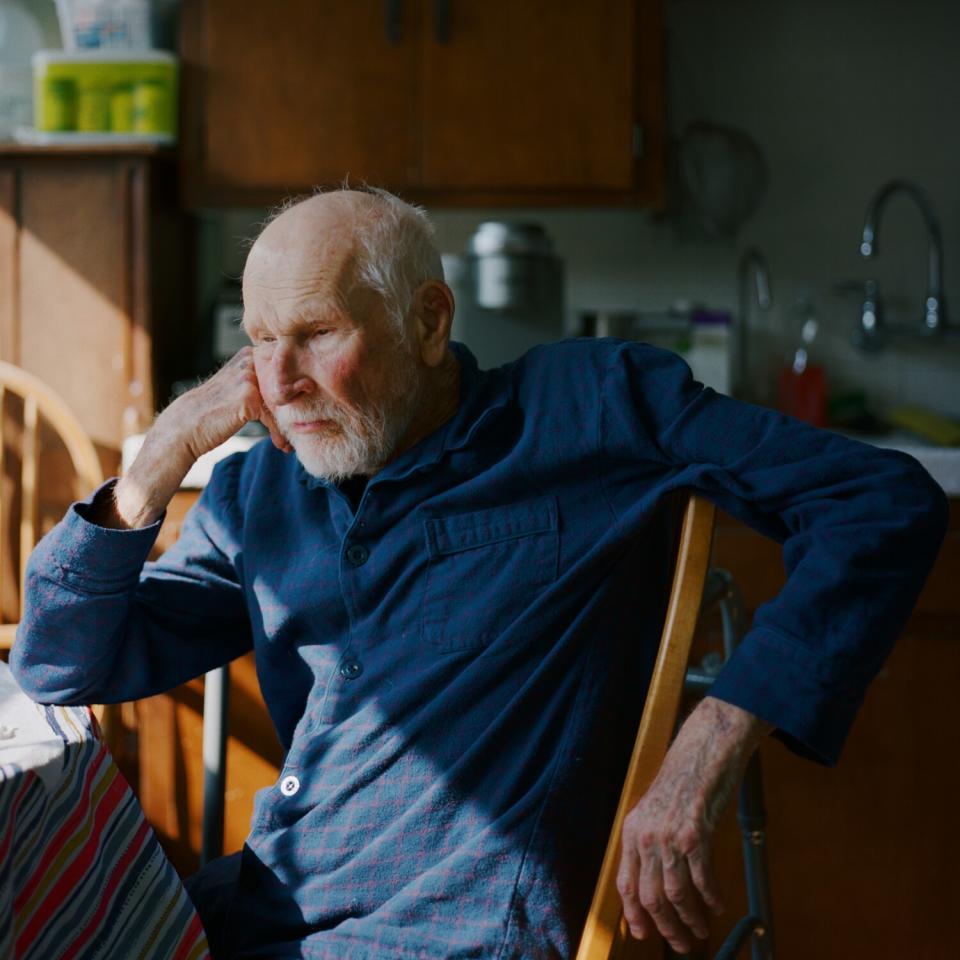What I learned about my heritage while documenting a Polish Holocaust survivor

In January, I found out that many of my Polish relatives were killed during the Holocaust.
When my grandfather was alive, I remember him mentioning we had family murdered in Auschwitz, but he never really sounded sure.
Years after his death, I discovered an old wooden box in my great uncle’s attic. It wasn't until I sifted through the box that I realized my grandfather's assertion was true. Inside were photos my Polish great grandparents had taken of Auschwitz.
I started to do more research. I discovered some relatives had died in Auschwitz, and others had died outside their home, shot dead by the Nazis at a family wedding.
A couple of those who survived the massacre went on to fight in the Polish Resistance, only to die in Poland’s final effort against the Nazis. My grandfather had never talked about it, and my great grandparents had never talked about it.

It wasn’t until this summer that I found out that hiding wartime experiences is common within the survivor community. Many survivors, or relatives of survivors, do not want to share the atrocities they have experienced.
Just like Andrew Stefanski’s decision to hide his story for many years, my own Polish family didn’t want to share much of their past. Their focus was to create a new life for their children across the ocean.
One day, while I was interviewing Susan Stefanski in her home, we found out that we are distantly related. My Hordinski family (formerly Horodynski), had married into their family early down the line.
Working on this project with the Stefanski family has given me some closure with my own family. I was never able to ask my Polish relatives the questions I had wanted to ask while they were alive, but I was able to ask Andrew questions about his experience that will be recorded forever.
I learned about what it might have been like for my own family to fight in the Polish Resistance, although they didn’t survive to share their own story.


Susan and Dorothy learned more about their dad too. At 96, Andrew was sharing new stories with me that he hadn’t told them before.
For many weeks, I visited the Stefanski family every day. Going to their house became a ritual. A consistent 15-minute drive from where I live in El Segundo, their house soon felt like home.
I met their 40-year-old turtle: Arnold, who lives in the backyard, and I learned the names of many of Susan’s indoor-outdoor cats.
Although Andrew’s caretaker and Susan were often busy working around the house, they would still make sure to ask, “Did you eat? Do you want some food?”
I joined them for doctor’s appointments, hospital pickups, dinners — Andrew’s 96th birthday — every important event they experienced since July. They made me feel like part of the family.
It is hard to be photographed in everyday moments. It’s something I’m not sure that I would invite in my own life, but they welcomed me with open arms.
Dziękuję, Susan, Andrew, Dorothy, and the rest of the family. This project is so special to me.
[Dziękuję means thank you in Polish.]

This story originally appeared in Los Angeles Times.

